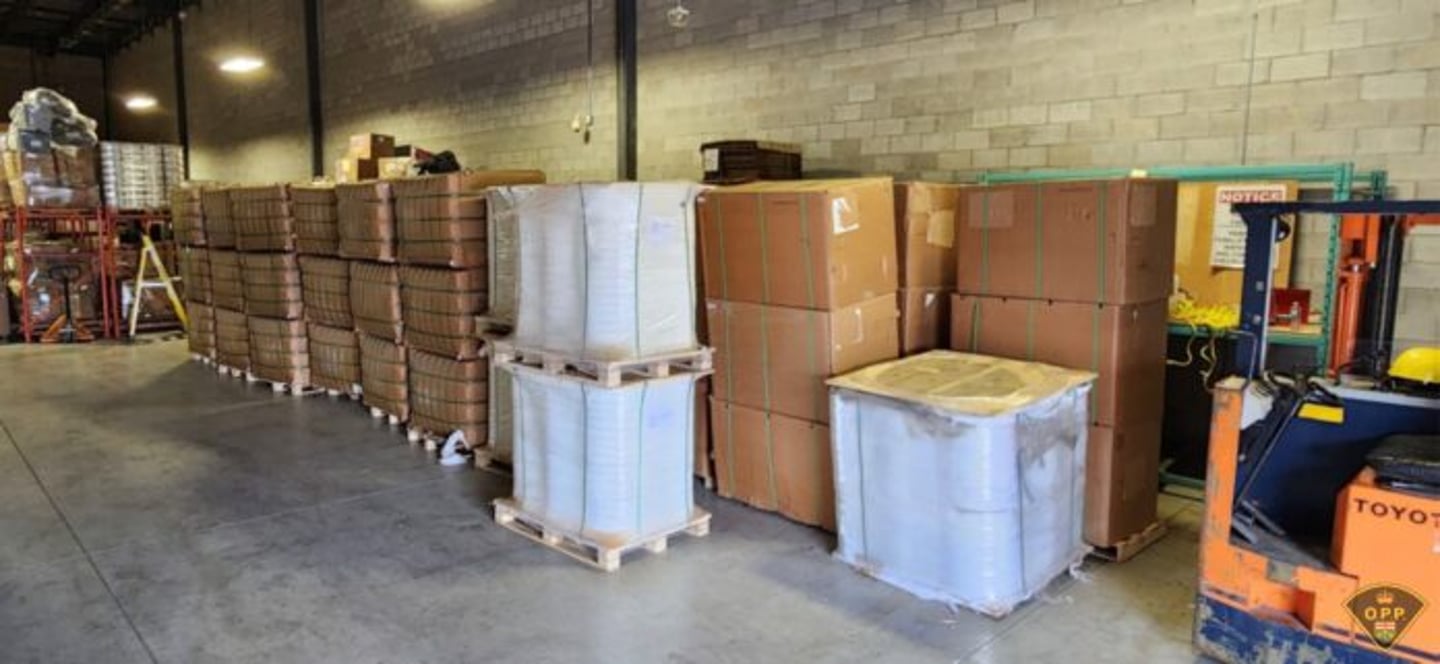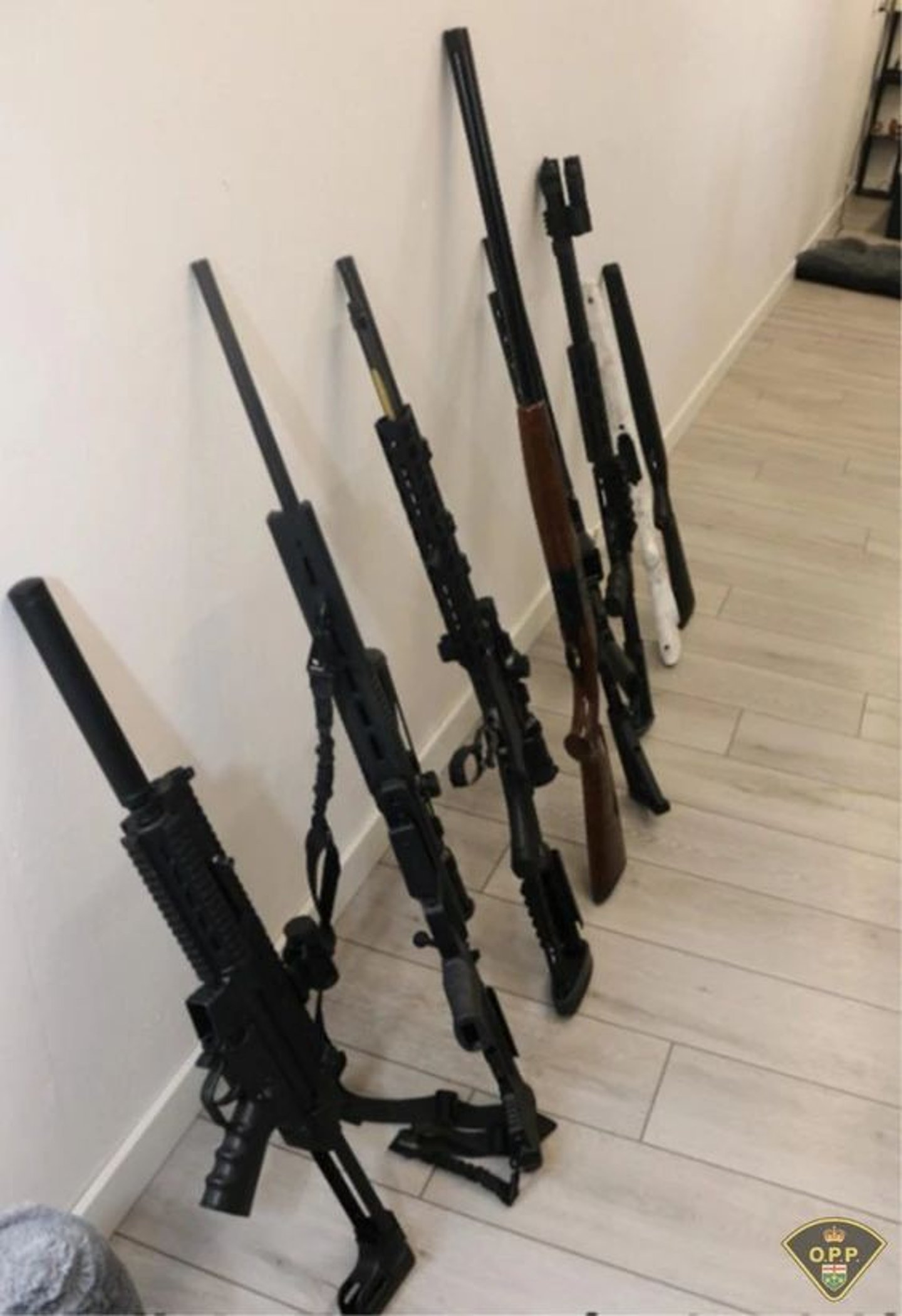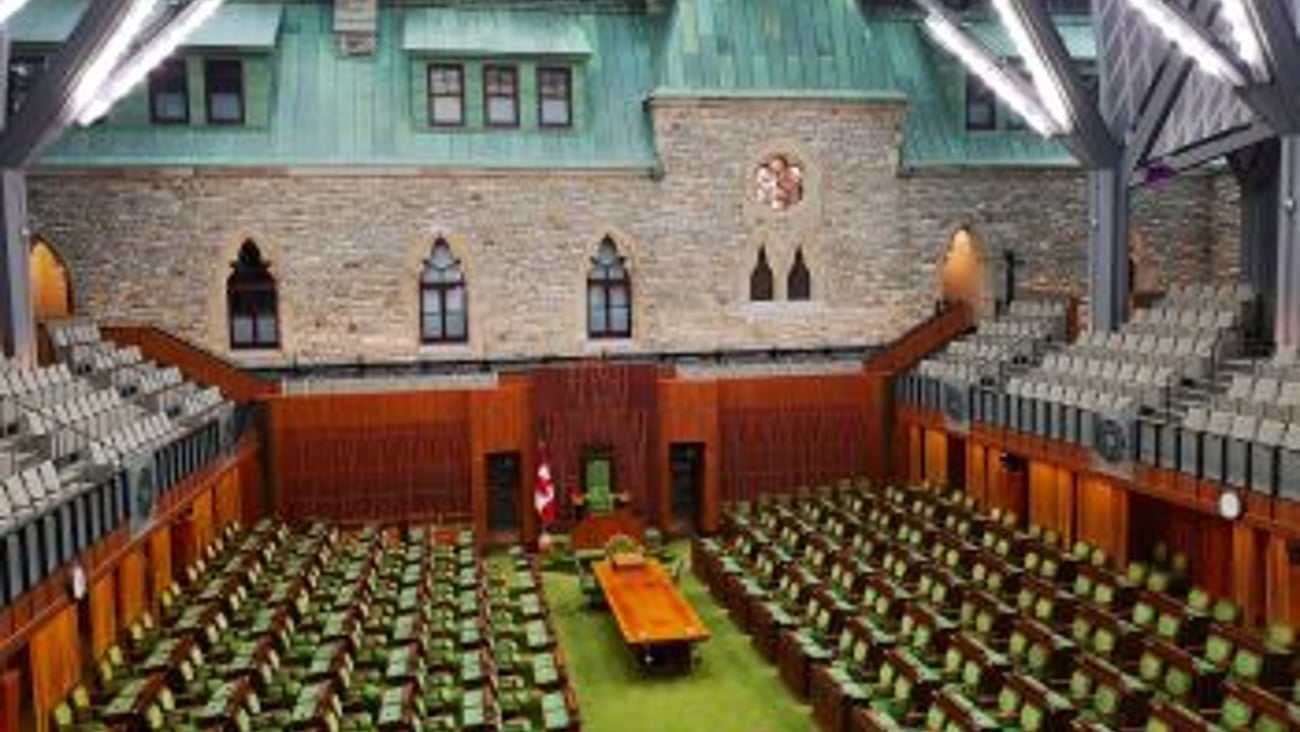Contraband tobacco—a crime wave impacting us all
The Convenience Industry Council of Canada (CICC) has a blunt message for Prime Minister Mark Carney and Canada’s premiers: contraband tobacco isn’t just a problem—it’s a multi-billion-dollar crisis fueling organized crime, arming gangs, and hurting our communities. If CICC could address the First Ministers’ Conference in Saskatoon this week, that’s the wake-up call we would deliver.
The good news? The message is finally cutting through at the provincial level. Law enforcement and politicians are connecting the dots between contraband tobacco and increased crime. Alberta and Ontario are stepping up, but it’s time for a national strategy.
Provinces lead, Ottawa lags
Alberta’s February budget threw down the gauntlet with tougher enforcement, stiffer penalties, and better coordination, demanding Ottawa get in the game. Ontario followed in May, echoing CICC’s playbook with its own bold measures. These steps are critical to dismantling an illicit industry that’s not about a few illegal packs bought on a reserve—it’s a cash cow for organized crime, eight times more profitable than illegal drugs. That’s right: contraband tobacco is bankrolling guns, gangs, and chaos across Canada.
Recent headlines scream the truth:
Non-Indigenous criminal network produced, manufactured contraband tobacco on Six Nations: OPP
OPP and Six Nations Police seize millions in contraband tobacco, guns, and drugs in Project Panda
In May, a bust on a Southern Ontario reserve netted 25,000 kg of loose tobacco—worth $6.29 million—alongside 15 firearms and other drugs. Police confirmed what CICC has long warned -- this isn’t a local issue. It’s a non-Indigenous criminal network funneling profits away from communities, leaving violence in its wake.
The cost to convenience stores
The contraband market is hitting our industry hard. Legal tobacco sales have tanked—down 13% in units and 8% in value for the year ending March 31. Meanwhile, the black market is booming, swallowing up to half the tobacco market in some provinces and spreading from coast to coast. Convenience stores, the backbone of Canada’s retail economy, are paying the price for Ottawa’s inaction.
A national strategy can’t wait
Alberta and Ontario get it. Their budgets called for a national strategy to crush contraband tobacco, and CICC agrees. It’s not rocket science: ramp up enforcement, leverage intelligence, and stop suspicious trucks hauling illegal tobacco across the Trans-Canada Highway from hotspots in Ontario and Quebec. But it takes guts and vision—qualities Prime Minister Carney and his Cabinet must show.
For too long, governments have dodged this issue, dismissing contraband as a “victimless” crime. Tell that to the communities grappling with gang violence or the store owners watching their livelihoods evaporate. The evidence is undeniable, and the stakes are high.
A call to action
CICC is sounding the alarm: contraband tobacco isn’t just a retail problem—it’s a public safety problem. Prime Minister Carney’s crime-fighting agenda must include a national action plan to choke off this illicit trade. Convenience stores, law enforcement, and communities are counting on his government to do just that. Canadian communities can’t afford the PM the option to turn a blind eye – it’s time to act now, or the cost of contraband will be felt by us all.








